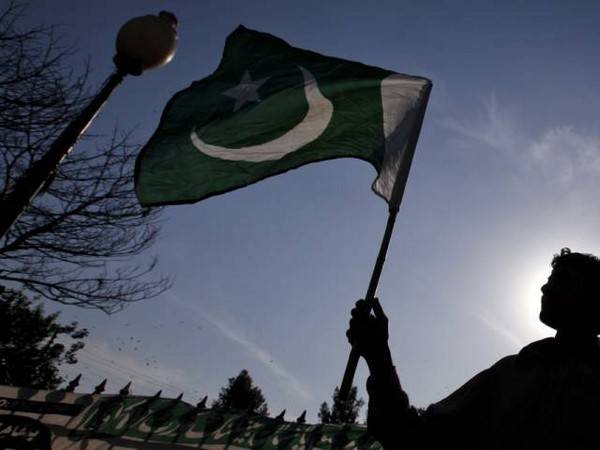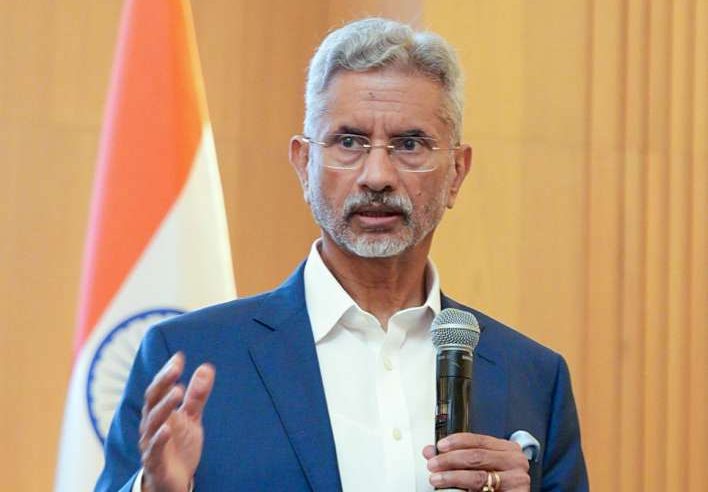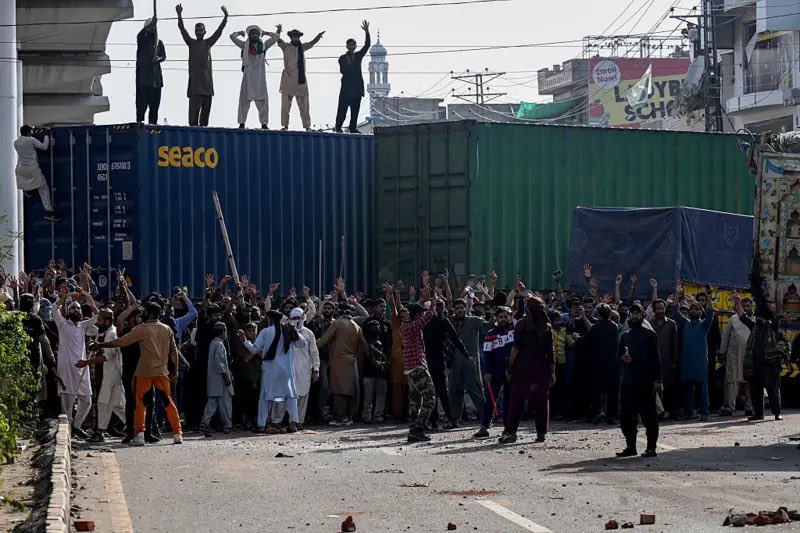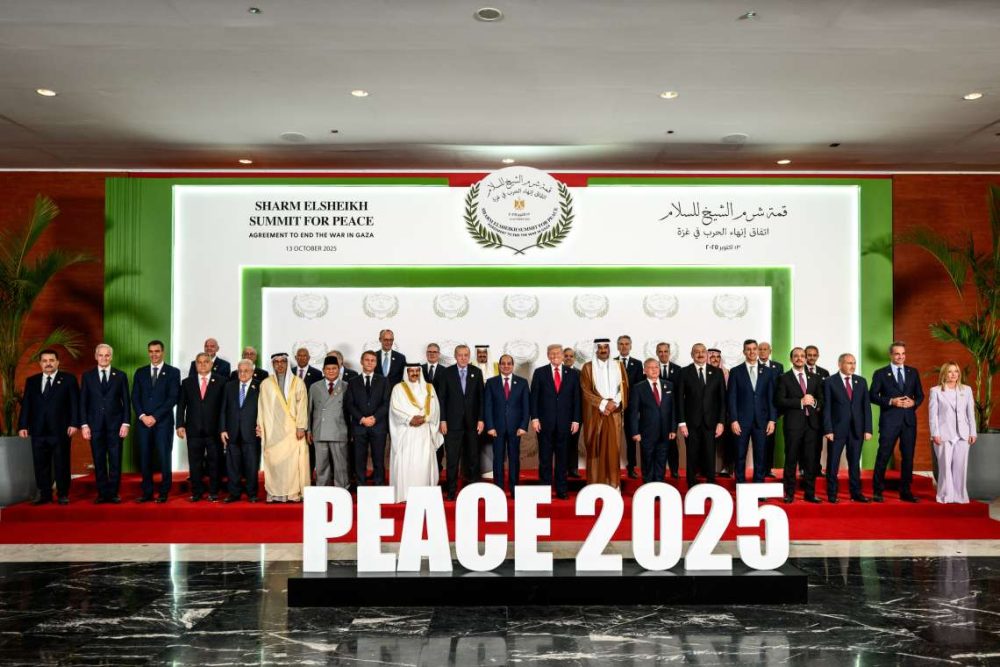Gilgit Baltistan is part of the illegally occupied territory of PoJK. Ethnic residents there have no representation in governance and policy-making processes. In recent times, there have been massive uprisings against the administration, and it seems that Gilgit Baltistan will witness more such protests considering the current scenario …. Writes Dr Sakariya Kareem
Pakistan-occupied Jammu and Kashmir (PoJK) continues to suffer from severe load-shedding making it difficult for the local populace to lead a normal life. With high electricity bills having become the norm, people are faced with a double whammy.
This situation is compounded by the local administration being unwilling to raise the minimum wages of teachers and professors. Recently, many teachers, professors, staff members and students of public education institutions held a sit-in in Gilgit Baltistan. Teachers and professors alike complained that their minimum wages have not been raised even after serving for many years at public educational institutions. The cost of electricity in Pakistan has doubled in the last three months resulting in widespread anger and protests. In PoJK, the people are even suffering due to heavy taxes on wheat flour and other necessities.
The issue of load-shedding is important as the region faces intense cold during the winter. People have also been facing immense problems due to the irregular supply of electricity. Pamir Times, a popular local newspaper recently stated, “Remote valleys and far-flung areas are also either engulfed in darkness or rely on diesel-generators, lanterns burning Kerosene oil or natural gas, and candles.” Daily Baad-e-Shimal, a local Urdu newspaper, states, “Gilgit-Baltistan is facing the worst electricity crisis, with Gilgit having 20 hours’ load shedding.”
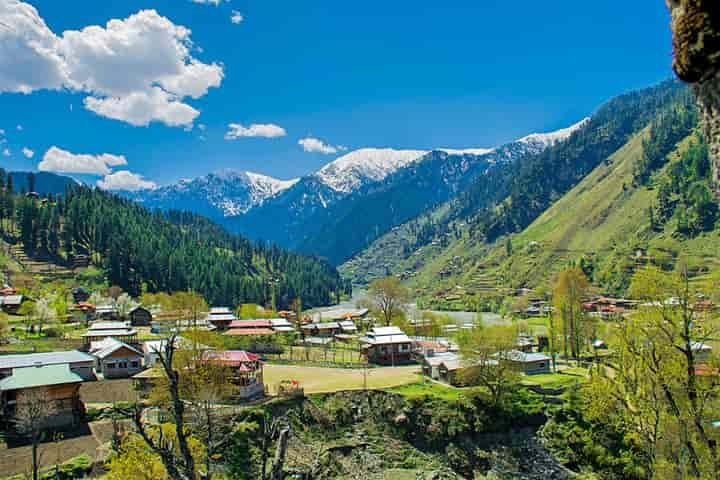
It added, “People are in real trouble as no government since the past 15 years has been able to end this problem, and there are no such hopes in the near future as well.”
A poll conducted by Pamir Times found that 80% of the around 500 respondents said their regions were suffering from up to, or over, 20 hours of load shedding. It adds, “Gilgit-Baltistan has massive potential to generate electricity from the elements of nature, including water, sunlight, and wind. The federal and regional government have failed to utilize any of these resources available in abundance in the region”.
The newspaper notes that “Successive governments in the region have failed to develop a sustainable mechanism for power generation and distribution in the region. Knee-jerk reactions and populist rhetoric or tactics are often employed to quell the agitating masses, without addressing the deepening crisis, partly exacerbated by promotion of tourism in the region.” Due to the irregular supply of power, businesses in the region, especially hotels, have been suffering.
One of the major reasons for the power crisis is the limited investment in the region’s power infrastructure. The ageing and poor transmission lines and outdated power generation units further exacerbate the power crisis. Another critical factor is poor management of the existing resources. There is extensive theft of electricity, especially in urban areas, by locals who tamper with the power meters, causing massive power losses. Furthermore, weak law enforcement and a lack of accountability and monitoring by government agencies have also contributed to this situation. Since Gilgit Baltistan is one of the top summer tourist destinations for visitors from Pakistan, the demand for electricity increases yearly. Hotels in the region typically account for the majority of energy consumption. In addition to the hotel and tourism industries, household consumption doubles in the winter, providing the fact that the temperature of this region remains below zero degrees Celsius.
Amidst load shedding and high inflation, when essential commodities have become more expensive than ever before, contractual employees in educational institutions are finding it hard to run their normal livelihoods. Teachers targeted the Gilgit Baltistan Assembly for dropping a ‘bomb of inflation’ and hiking the salaries of ministers and officials to the tune of 600 per cent, while their minimum wages were still frozen in time. Teachers in Gilgit-Baltistan have protested for several reasons, including non-regularisation of jobs, adequate salaries, and non-payment of salaries. Teachers and staff at Karakoram International University have been protesting non-payment of salaries, while private school teachers have protested irregularities in the recruitment process.
Protestors complained that although the order to increase the minimum wage had been passed, they had not received any notification from the finance ministry of Gilgit Baltistan. A resentful protestor, highlighting the apathetic attitude of the administration, said, “The Gilgit Baltistan Finance Ministry has not yet released the notification. We have tried to hold a dialogue with them many times, and they asked us for more time, and we kept the peace, but even after five months the administration has failed to notify us. This is not a big amount; it is not a huge amount.”
One woman professor who joined the protests said, “Till now they have not given any confirmation. We are running schools and colleges; we are two contingents who are running these institutions. We just forward one representative amongst ourselves, we don’t have a (proper body) to represent our issues which is why we have been left behind. We, ladies, are (protesting), our brothers too are with us, how much they have to bear! We are with them. We will stand and protest alongside them whenever they ask us. If they don’t have a budget for us, they (administrators) should cut down on their needless expenses. These administrators in the assembly have increased their salaries to the tune of 600%, they should cut down on that! They should cut down on their lavishness and immorality! They are dropping the ‘bomb of inflation’ on the poor employees”, said another employee.
Since last year, when people began to protest the high electricity bills, a much larger section of the population has begun to come out on the streets to protest against the administration. Recently, on the call of the Awami Action Committee Gilgit Baltistan, protest meetings were held in the region demanding a proper share in taxes. “The federal government collects the tax on our mountains, tourist points and from the climbers who come here. We don’t get our proper share. The money that comes from the tourism sector also goes to the federal government. Apart from that, the government is getting crores of money from the new NHA toll plaza. We are just demanding our proper share and legal rights,” said Faizan Mir, leader of the Awami Action Committee.
Gilgit Baltistan is part of the illegally occupied territory of PoJK. Ethnic residents there have no representation in governance and policy-making processes. In recent times, there have been massive uprisings against the administration, and it seems that Gilgit Baltistan will witness more such protests considering the current scenario. The protests are widespread across the region and issue-based, the predominant ones being load-shedding, land, taxes and unemployment. Given their predicament, little wonder that the people of PoJK are seeking Prime Minister Modi’s help to free them from Pakistan!


